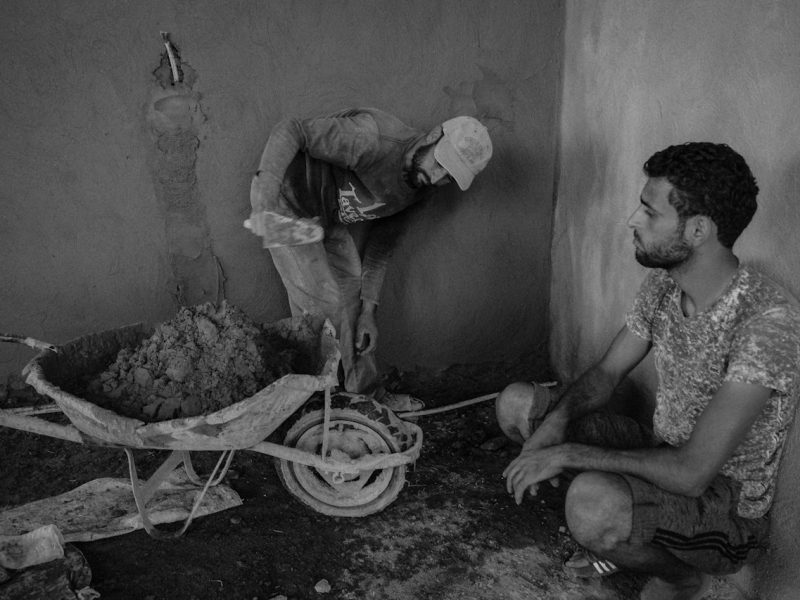I would like to extend my greetings to the organizers, the relators and the participants in the “Coloquio México Santa Sede sobre movilidad humana y desarrollo”.
Globalization is a phenomenon which calls us to question particularly one of its principle manifestations, namely: emigration. It is one of the “signs” of the time we live in and which brings us back to the words of Jesus: “And why do you not judge for yourselves what is right?” (Lk 12:57). Notwithstanding the great flow of migrants present on all the Continents and in nearly all Countries, migration is still seen as an emergency, or like a specific and sporadic fact, while it has become a characteristic component and a challenge to our societies.
It is a phenomenon which holds great promise together with many challenges. Many people who are forced into emigration suffer and often die tragically; many of their rights are violated, they are obliged to separate from their families and, unfortunately, continue to be subjected to racist attitudes and xenophobia.
Faced with this situation, I repeat what I stated in the Message for this year’s World Day of Migrants and Refugees: “A change of attitude towards migrants and refugees is needed on the part of everyone, moving away from attitudes of defensiveness and fear, indifference and marginalization — all typical of a ‘throwaway culture’ — towards attitudes based on a culture of encounter, the only culture capable of building a better, more just and fraternal world”.
Furthermore, I am keen to call attention to the tens of thousands of children who emigrate alone, unaccompanied, to escape from poverty and violence: this is a class of migrants who, from Central America and from Mexico, cross the border with the United States of America in extreme conditions, in search of a hope that that most of the time is in vain. They increase day by day. Such a humanitarian emergency demands, first of all, urgent intervention, such that these minors are received and protected. Such measures, however, will not suffice, where they are not accompanied by information policies concerning the dangers of such a journey and, above all, which foster development in their Countries of origin. Finally, to face this challenge, it is necessary to draw the attention of the entire International Community in order that new forms of legal and safe migration be adopted.
I wish full success to the praiseworthy initiative of the Ministry of Foreign Affairs of the Government of Mexico in organizing a colloquium of study and reflection on the great challenge of emigration, and to each of the participants I impart my heartfelt Apostolic Blessing.




